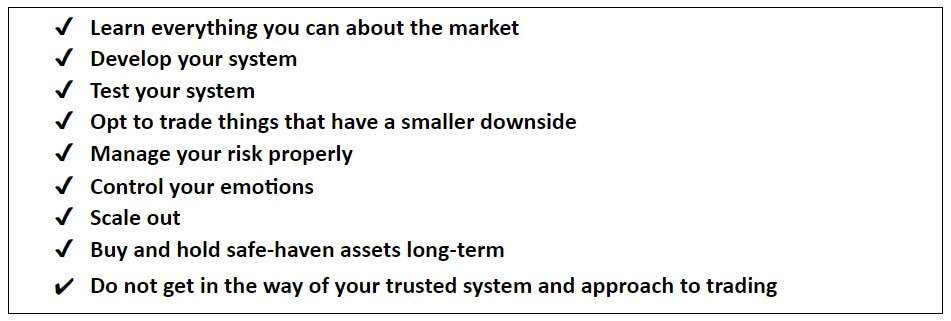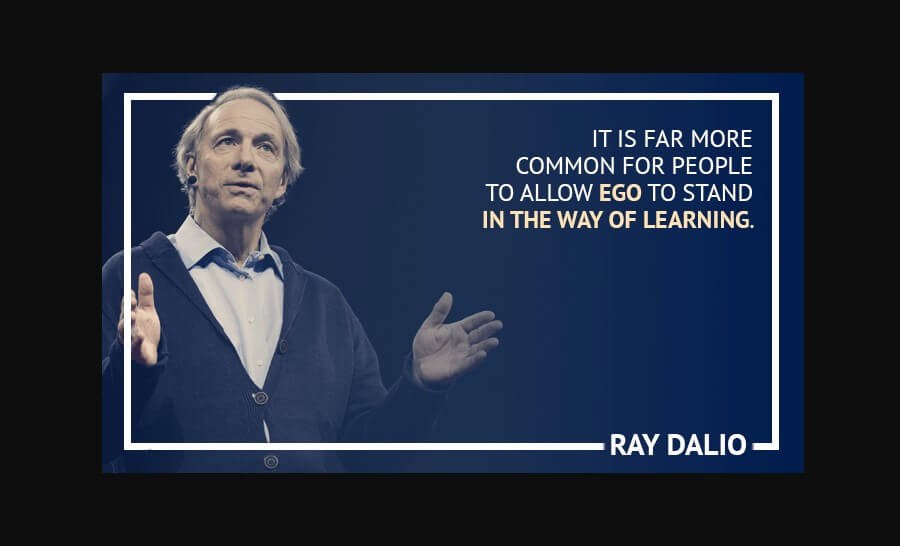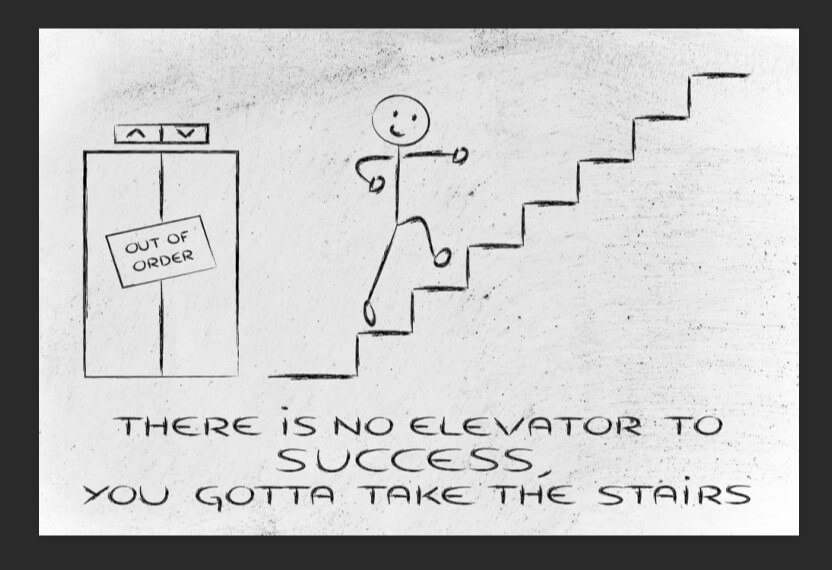When it comes to success in trading, there isn’t a simple solution, Forex is such a vast beast that you will never know everything and you will never be right 100% of the time, that does not mean however that there aren’t a number of different things that you can do that will help you to move the odds a little in your favour, little things that you can do to help yourself to become a little more successful. We are going to be looking at 10 things that you can do that will ultimately help you to become or remain a profitable and successful trader.
Set Your Goals:
Setting goals is vital if you want to be successful, when it comes to pretty much anything in life, those who have goals to strive towards often do a lot better than those that are doing something blind, the exact same thing applies to forex trading. Set your goals, but make them realistic and achievable, do not just say to be a millionaire, that is a long way off, instead look to create a series of smaller ones that you can achieve within the year, this will keep you motivated to keep going when each one is achieved.
Get A Good Broker:
The broker that you chose is going to be an important decision, there are a lot of them out there, in fact, there are thousands of them, so with so much to choose from it can be quite daunting. Look for the bigger names, they are often the most reliable, look for independent reviews, look for low costs, good support, and quick withdrawals, all of these things can make a broker worthwhile. It is of course your decision which broker you go for, just be sure that you are on the lookout for the scam brokers that pop up every now and then, just looking for your money.
Choose A Trading Platform:
The trading platform that you use is also important, if you are planning on using an EA, then there is no point in getting a cTrader account, as you won’t be able to use it. Each trading platform has different features so ensure that the one that you use has what you need. The most popular platform is currently MetaTrader 4, so that would be a good one to go for if you are not sure, simply because of its huge user base and the amount of help that is available out there.
Choose the Right Strategy:
There are a lot of strategies out there, too many to try and think about, but you will need to find the one or at least the style that best suits you. If you don’t have much time, the longer-term style may be better as it requires less time at the computer, if you have a lot of free time and not a lot of patience, then something like scalping may be best for you as it brings quick trades and allows you to be at the computer for longer Try a few different ones until you find the one that is right for you.
Use Stop Losses:
Stop losses are your protection, they are there to protect your account from large market movements and can be the difference between a small loss and a completely blown account. When you create your risk management plans you should be working out how far your stop losses should be, to only lose a potential percentage of your account with each trade, many go for one or two percent per trade which is fine, just ensure that your stop losses are in place with every single trade that you make.
Risk to Reward Ratio:
You need to have a risk to reward ratio in place, this will help you to work out things like your trade sizes, as well as take profit and stop-loss levels. The risk to reward ratio details how much you will risk with each trade and also how much you will make. If you have a good risk to ward ratio, it can mean that you technically only need to win 25% of your trades in order to be profitable, which makes being profitable so much easier, so ensure that you have this in place and that you stick to it.
Keep A Log:
A trading journal is invaluable when it comes to trading, it allows you to look at what trades you have made, what went well, and what went wrong, it also allows you to ensure that you are keeping to your trading plan and risk management plans. Being able to see what you have done wrong allows for invaluable learning opportunities, something that every single trade should be trying to do. Keep this log, it can take time and can be boring, but if you want to be successful, it is vital to have.
Speak to Others:
Trading can be lonely, but it can also be very hard if you try to do it all by yourself. Join a trading community if you can, not only will this enable you to speak to other like-minded people, giving you an outlet and making you feel more included, but it also offers a great opportunity to share your own ideas in order to get feedback, but also to find new ideas that other people are posting, they may be doing some analysis that you have not thought about, giving you additional insight and trading opportunities.
Demo Accounts:
Demo accounts allow you to trade without the risk of losing any of your money, in fact, it allows you to test out pretty much anything you want with no risk at all. If you are thinking of changing your strategy then trying the changes on a demo account will enable you to see whether it works and to get through any teething issues with it without losing any of your actual capital. Take every chance you get to use a demo account and protect your main account from being a test subject.
Take a Break:
The forex markets will be around for years to come, if you are feeling stressed, tired or emotional, then there is no harm in taking a step back, take a break, go out for a bit, clear your head and mind and then come back, the markets will still be there and you will be looking at them in a much clearer way. The last thing that you want is to allow your emotions to take over and to influence your trading.
Those are 10 tips that we have for being a successful trader, there are many other things that you can do too, but the 10 that we have listed are some of the most important things that you can do as a trader and will allow you to get a jump start on being a successful and profitable trader.













